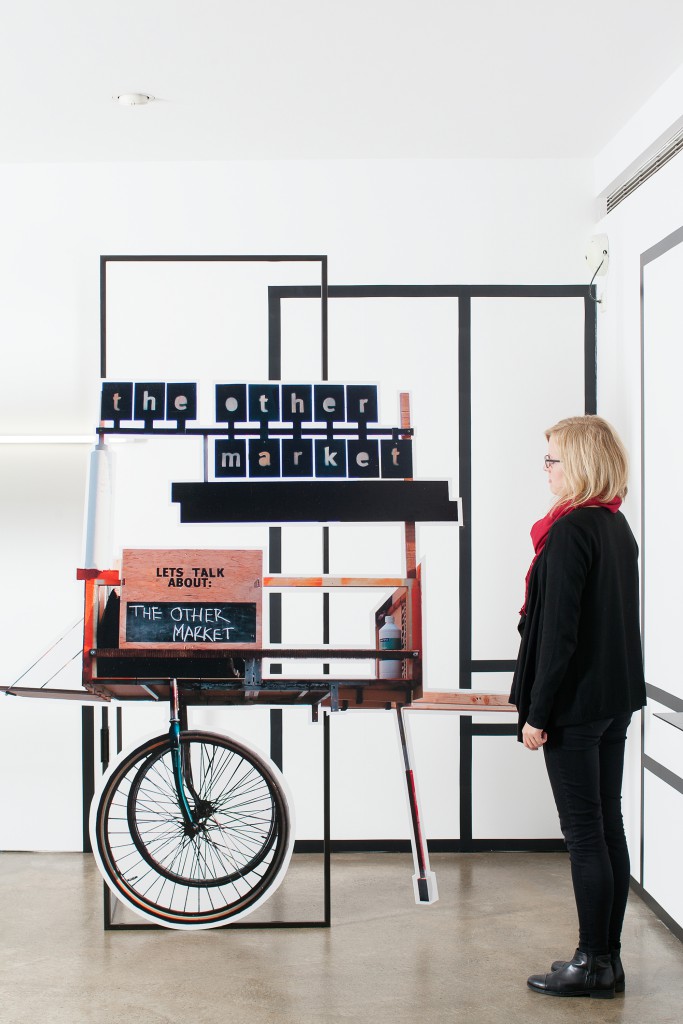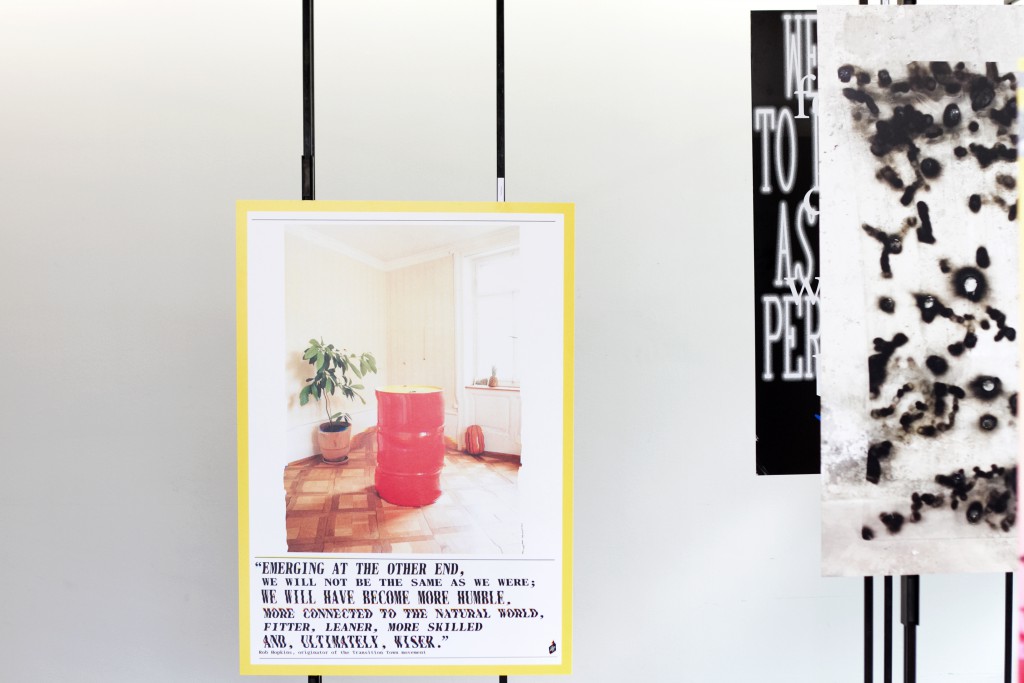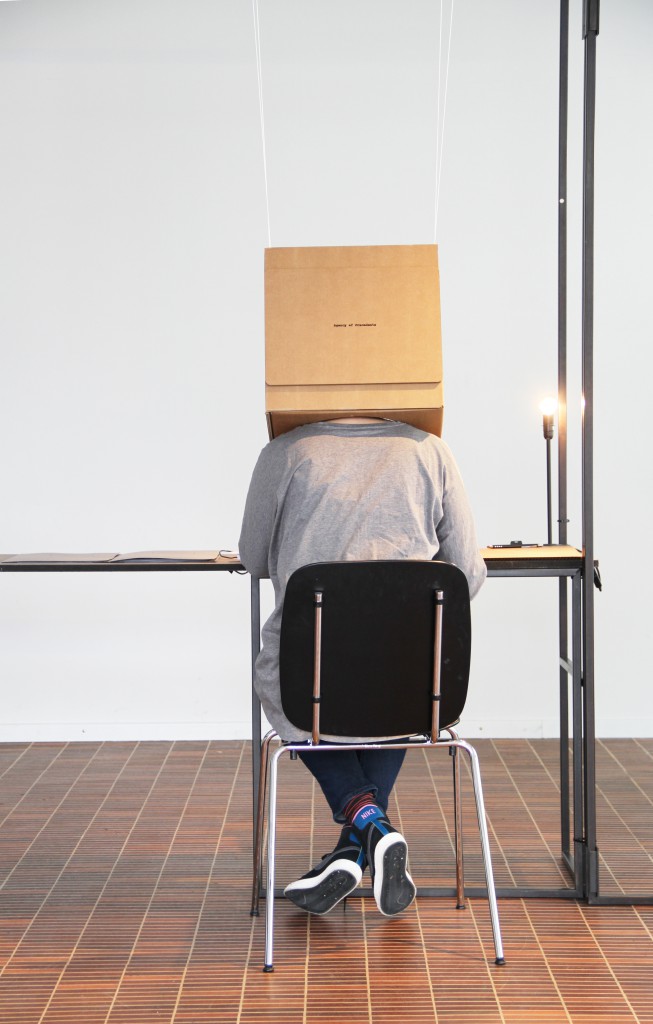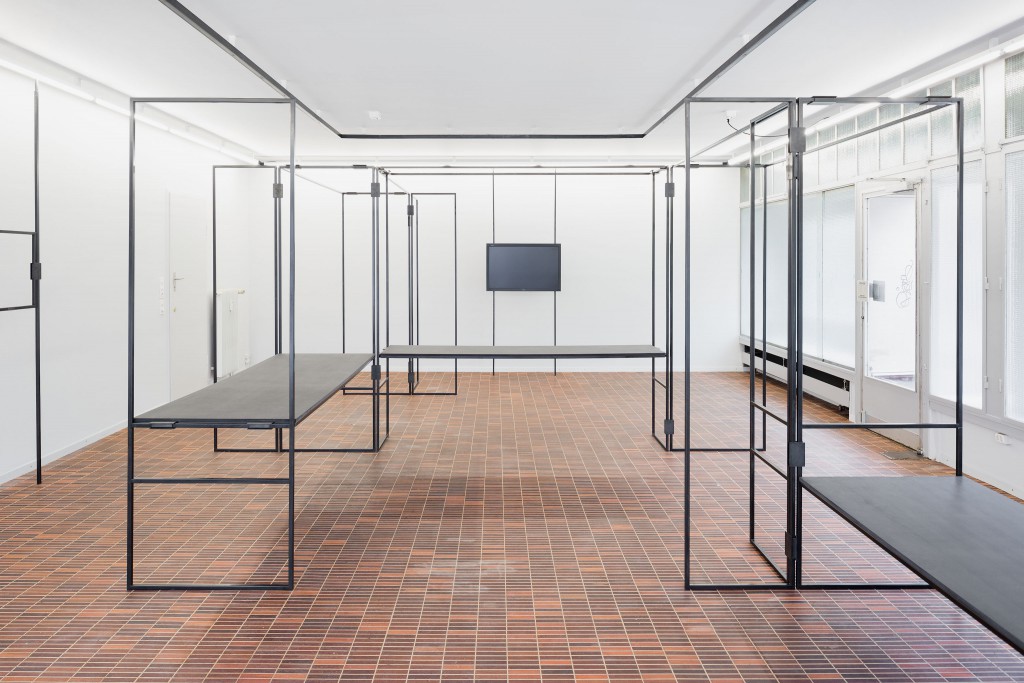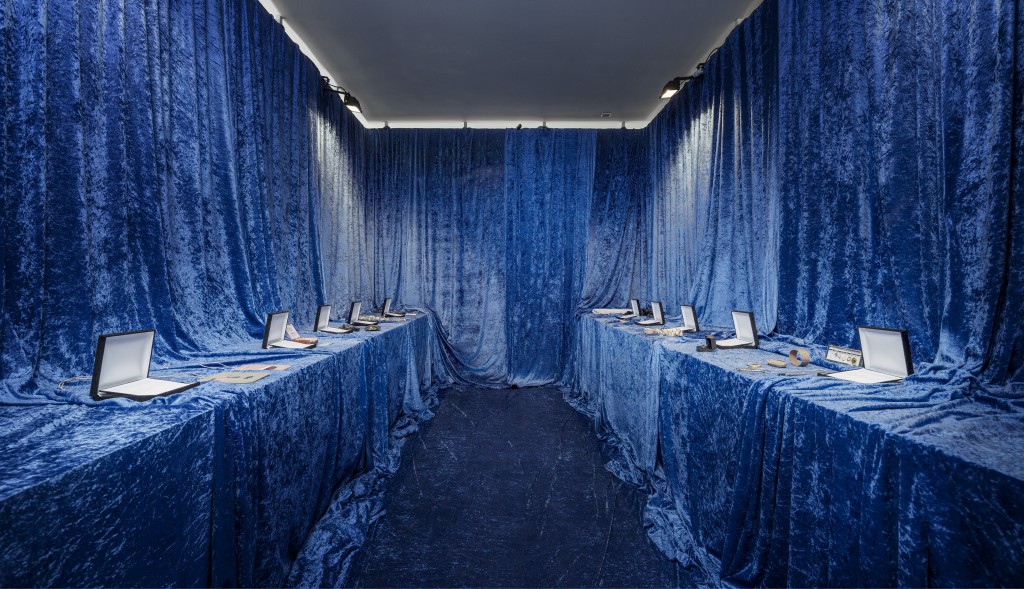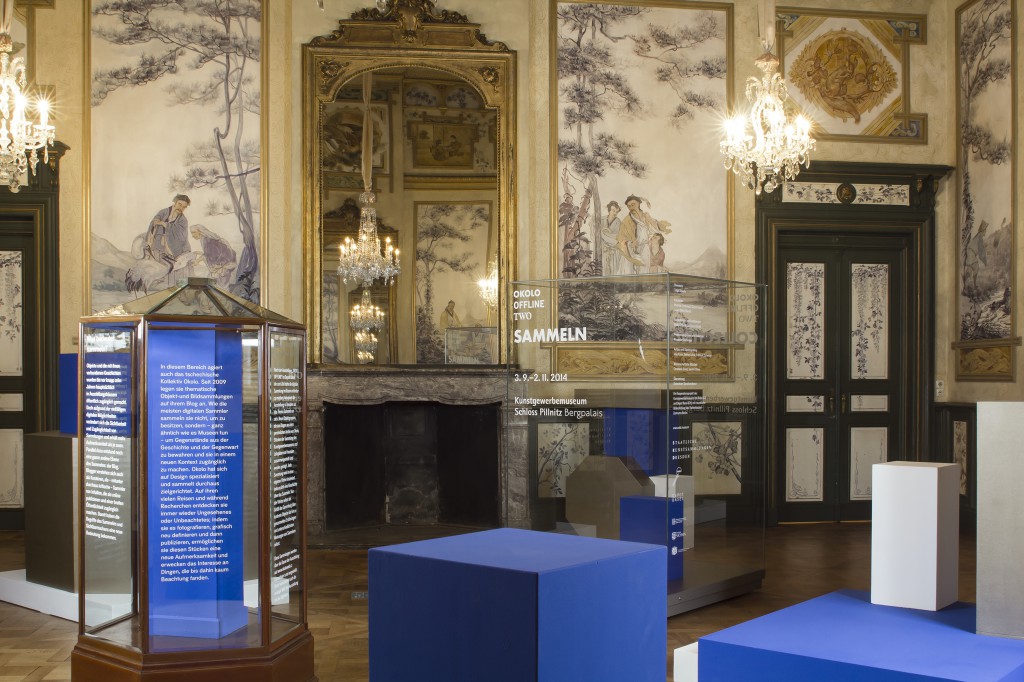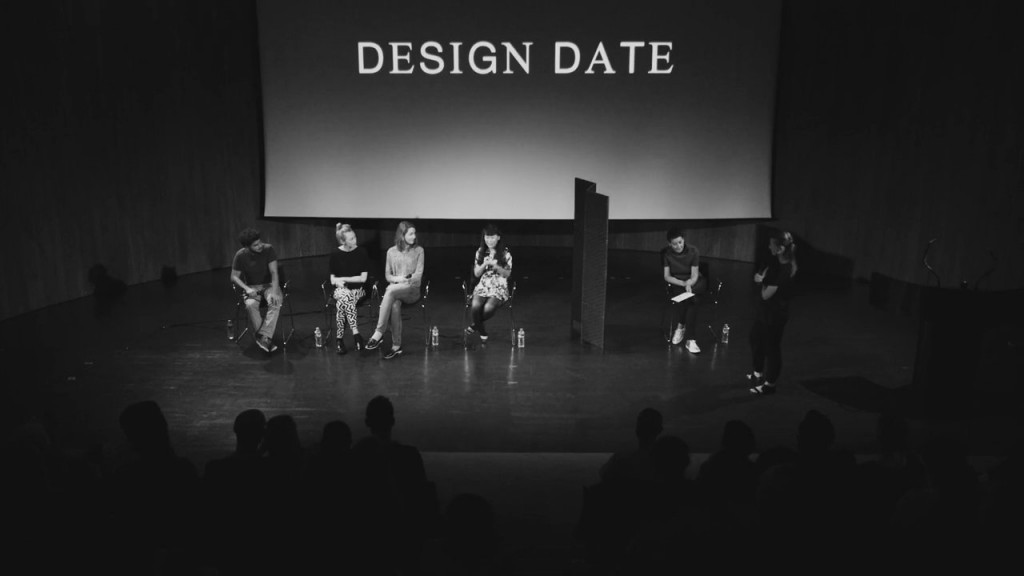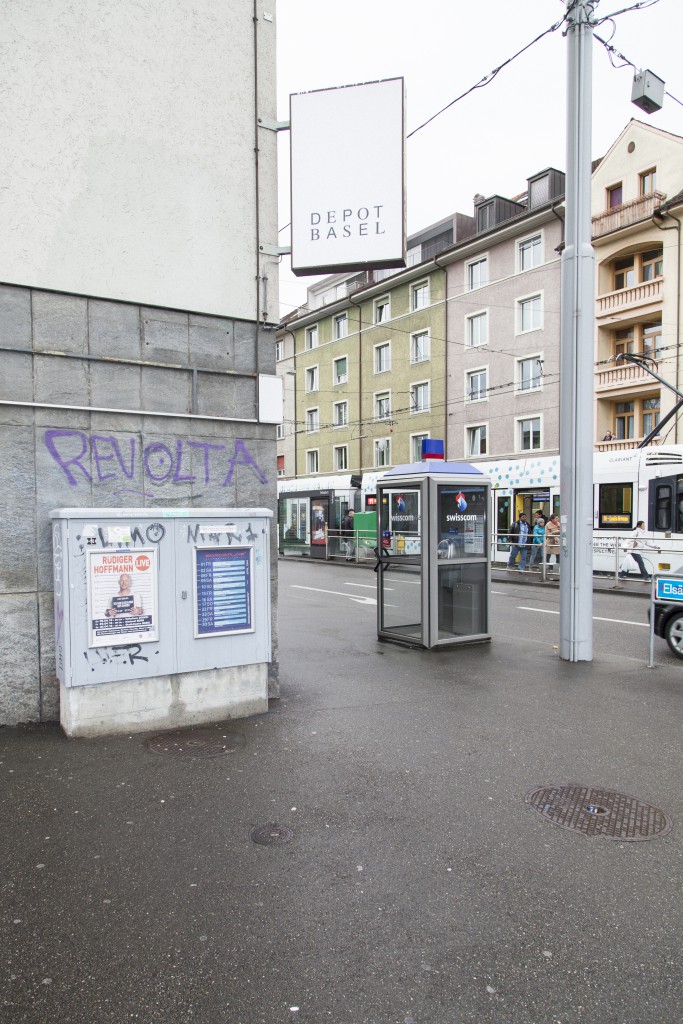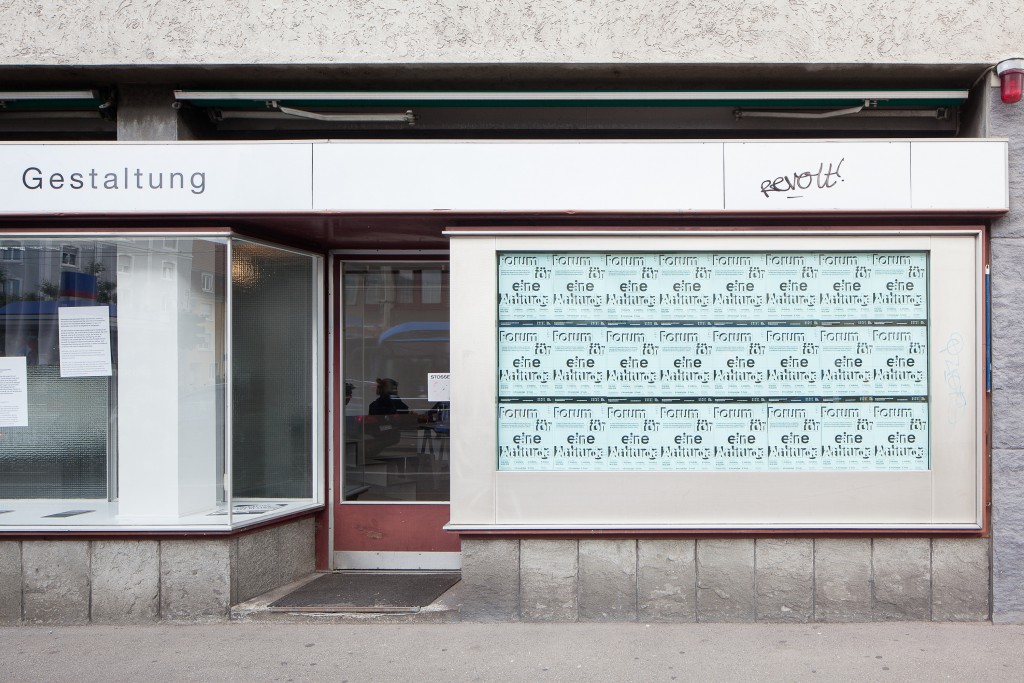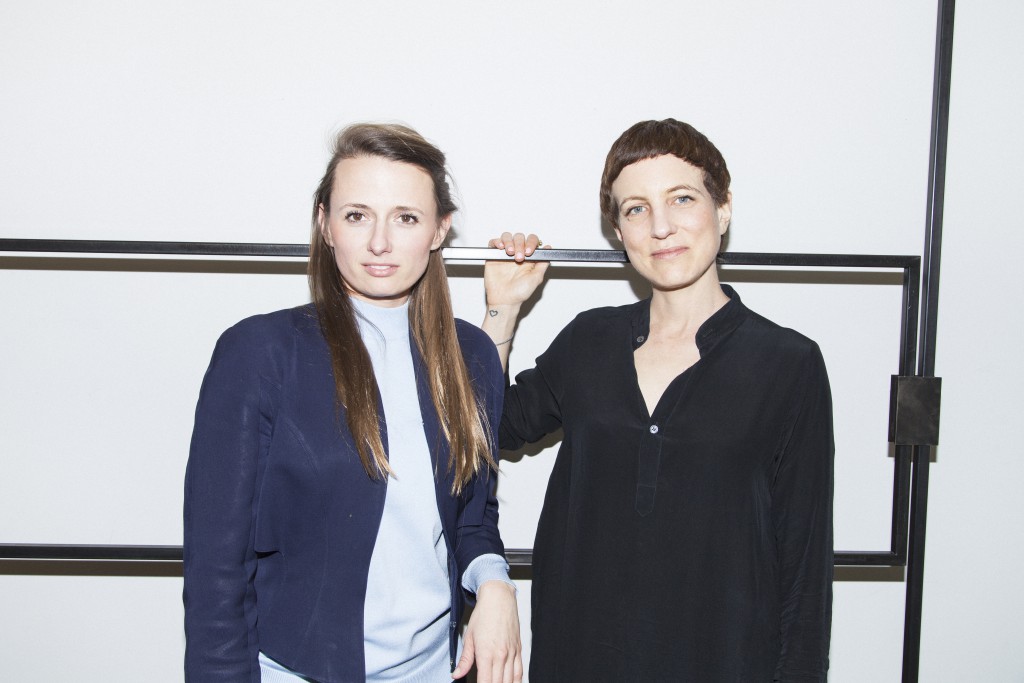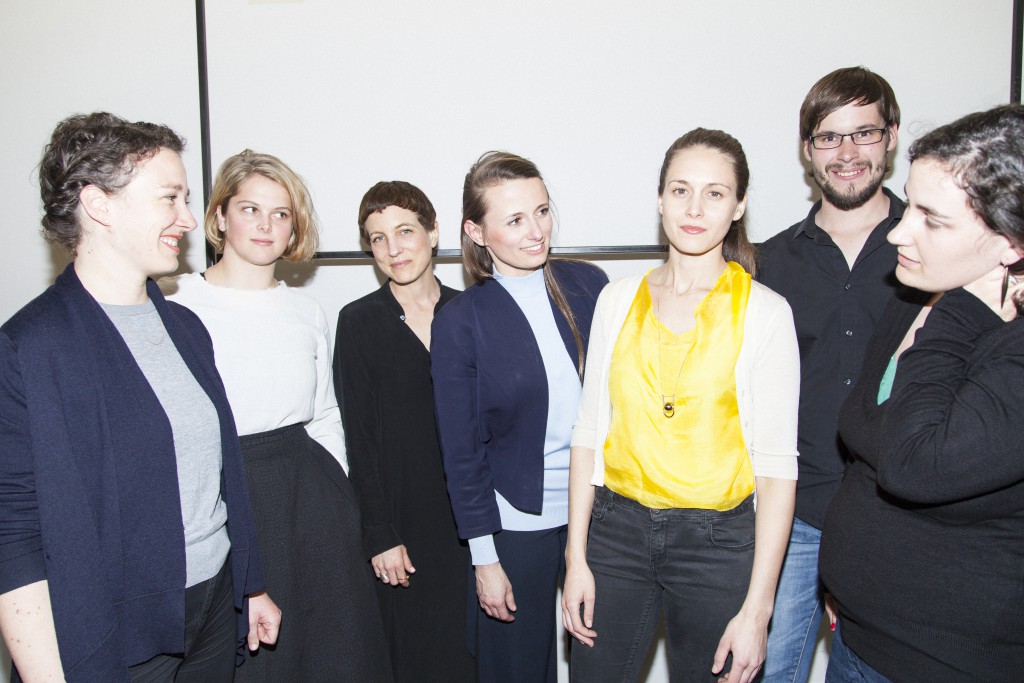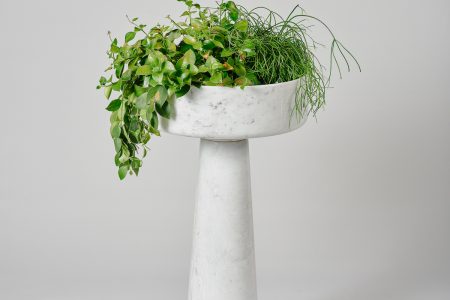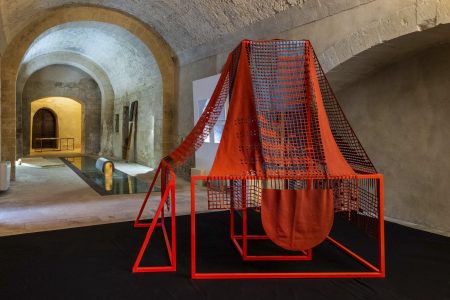Depot Basel
Formed in 2011, Depot Basel still holds fast to its founding principles of self-correction and redefinition. Five years on, the physical and network-oriented platform has moved past traditional modes of presentation to the notion of experimental encounters, all in an effort to capture and influence the volatile design discipline. Today, culture-makers Matylda Krzykowski and Rebekka Kiesewetter work with accountant Simon Grossen, project assistant Nela Weber, copywriter Anna-Lena Werner, founding and external advisory boards. This diverse set of individuals contributes on multiple levels to the creation of different discursive interventions. This spring, TLmag spoke to design world provocateur Matylda Krzykowski about Depot Basel, “an open social club that offers professional services.”
TLmag: Depot Basel does not subscribe to labels like fair, festival, gallery or showroom. What are you seeking to avoid, either specifically or historically?
Matylda Krzykowski: From the start, we were aware that our objectives of developing and taking design further meant that we had to go beyond the existing options. Showrooms create overly stylised impressions while fairs are purely economic. At museums, people don’t perceive things as commodities. Depot Basel was designed to be indeterminate and able to change unexpectedly, question its own actions and reconsider or redevelop its strategies. This fluidity has allowed us to avoid categorisation within an increasingly pluralistic discipline.
TLmag: From where did you derive the idea of creating a new platform?
M.K.: At school, I learned a lot through my blog (matandme.com). I accumulated interviews and studio visits. Over time, exhibitions became the obvious format for me to express what I was opposed to in the private sector. Having attended many of my one-night shows and Milan Design Week exhibitions, Laura Pregger and Moritz Walther approached me with the idea of bringing Design to attention in Basel. It was essential that we involve the expertise of curators, sociologists, economists, cultural and events managers to establish not just a venue but also a method. Since 2015, Rebekka Kiesewetter, who joined Depot Basel in 2012, and I have explored new structural and financial means for sustainment. Working with our advisory board that includes Vera Sacchetti, Demian Conradm Jenni Schmitt, we grapple with issues of professional continuity, scale, commercial sponsorship and the obligations associated with managing a physical space.
TLmag: What alternatives does Depot Basel offer its exhibitors and audience?
M.K.: Initially, we developed a series of month-long exhibitions to show our reactions to the current conditions, discussions and phenomena through spatial representations. Although the idea was to offer something different as a cultural critique, the need to fill our temporal space and maintain a captive audience meant that we had to fall in line with traditional methods. We were conscious of the risk of pursuing inauthentic models, so we reoriented our programme toward the power of collaboration. In 2015, Depot Basel transformed into a space for experimentation to facilitate on-going discourses, which is to say, discursive and participatory formats that spawn semi-formal encounters between designers and non-designers. Our new method is harder than it looks. It works like Tetris. You try to slide pieces into the right places but it’s the random sequence that makes the game interesting. Given the cost of mounting show after show, being able to collaborate with other institutions generates a far more productive friction and mutual influence.
TLmag: What curatorial process do you employ to address social impact?
M.K.: Design has become a servant. However, the question of whom you serve has become increasingly complex. Many practitioners see their vocation as an engagement in communities far from the market. Outside of the anxiety of financial insecurity, we hope to give designers and other professional spaces and situations where they can discuss these issues on equal footing. Depot Basel is an environment where the current situation can be reconfigured.
TLmag: How would you describe Depot Basel’s main audience?
M.K.: Ideally we would like to draw in our Swiss, Turkish, Bulgarian, Israeli and French neighbours, in other words, passers-by, postmen, tourists and students. In reality, we cannot compete with the marketing departments of major museums. The general public visits these institutions in order to fulfil their exceptions. Our concerns lead us to prioritise designers who are already oriented toward alternative programmes. The word ‘design’ also has many off-putting connotations. We would like to change this by mounting exhibitions in a public space and educating people about their design surroundings in pragmatic ways. If people don’t come to you, you have to go to them.
TLmag: What’s in store for Depot Basel?
M.K.: Depot Basel’s current location will be demolished in 2017. We are considering to give up the idea of a permanent space that asks to be filled and instead work based on requests, on needs and opportunities and the audience. However, we’d currently like to explore the French and Italian parts of Switzerland and the impact of design on Eastern Europe. Our programming will also continue to travel. Forum for an Attitude will be mounted at Dizajn BWA Gallery Wroclaw in Poland this May while Pub(lic) Quiz will be part of Bulgaria’s One Design Week in Plovdiv. Depot Basel will continue to work with different international partners, institutions, biennials, initiatives and universities. We are also offering consultancy services to commercial and individual clients. Last year, Depot Basel mounted Forum for an Attitude at the nearby Vitra Design Museum. 1:1 scale objects were printed on vinyl in order to give attention of to the content and value of design. During this initial partnership with the hallowed museum, five Forums for discussion and production were held simultaneously at Depot Basel. This summer, from 4 June to 7 August, Superprojekt will ask what is contemporary. The performance-oriented, prop-like exhibition will bring together Dan Solbach, Dimitri Bähler, Diana Pfammatter, Tymek Borowski, Ferréol Babin, Soft Baroque, Joanne Hakkert, Sebastian Marbacher, Leonard Kadid, Luke Archer, Jules van den Langenberg and Kaja Kusztra. I guess, we like to be challenged.
